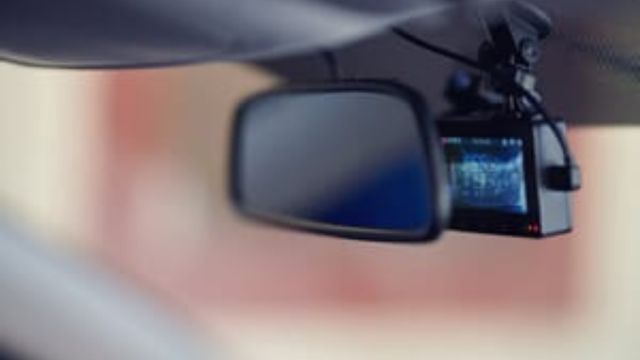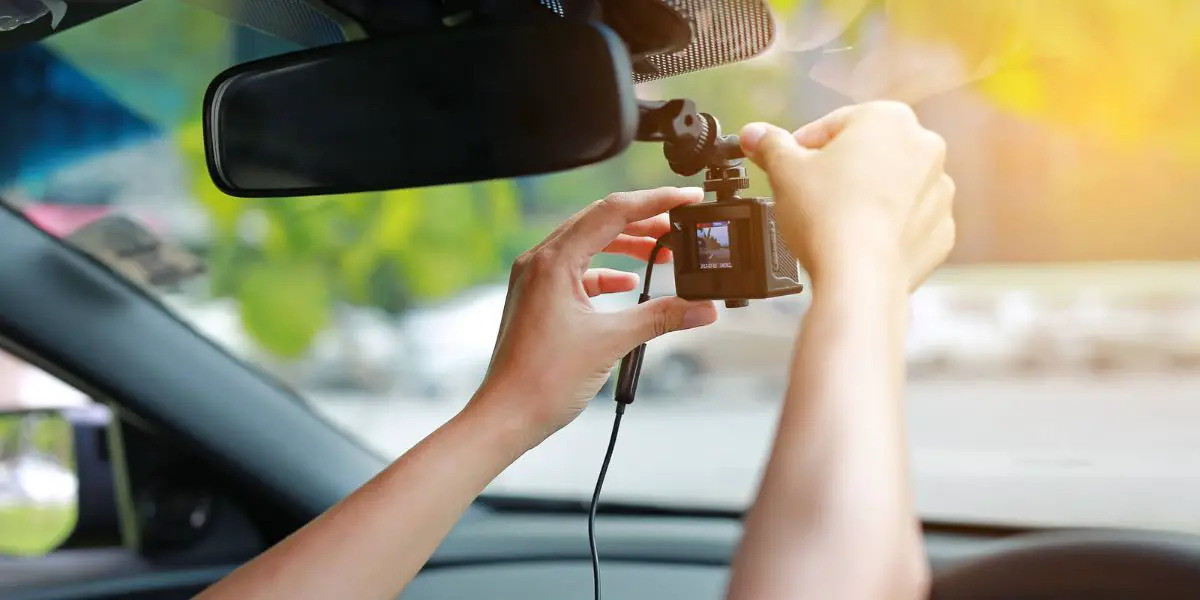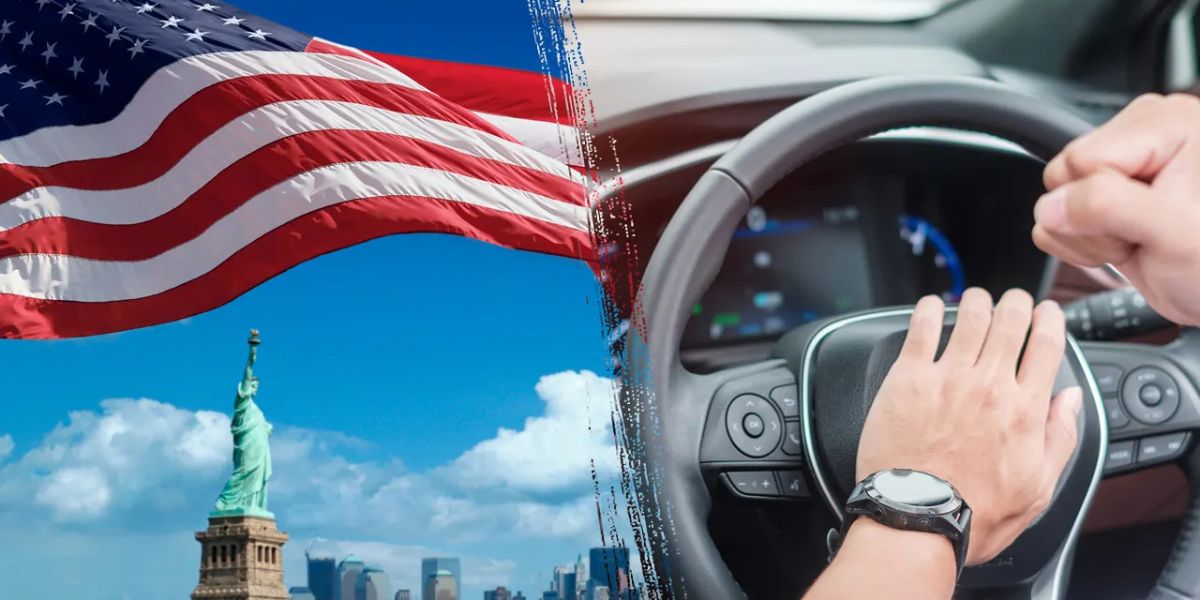Dash cameras, or dash cams, have gained significant popularity among drivers for their ability to provide valuable evidence in the event of accidents, traffic disputes, and other unforeseen incidents.
For those driving in Charlotte, North Carolina, using a dash cam can offer peace of mind and an extra layer of protection. However, like any technology, there are specific legal guidelines and regulations that drivers must be aware of to avoid any issues while using these devices.
In this article, we will break down the key aspects of Charlotte’s dash cam laws, focusing on installation, privacy considerations, and how dash cam footage can be used in legal matters.
1. Are Dash Cams Legal in Charlotte?
Yes, dash cams are legal to use in Charlotte, as well as in the state of North Carolina. There are no specific laws in Charlotte that prohibit the use of dash cameras in personal vehicles. In fact, dash cams are widely used by drivers across the country to provide documentation in the event of accidents, traffic stops, or other incidents.
However, while dash cams are legal to use, it’s important to remember that they must be used responsibly and in accordance with state laws regarding obstruction and privacy.
2. Mounting and Obstruction Laws
One of the most important considerations when using a dash cam in Charlotte is where and how the device is mounted. North Carolina law requires that nothing obstruct the driver’s view of the road, as stipulated by the North Carolina General Statutes § 20-129. This statute mandates that any object mounted on the windshield, including dash cams, should not block the driver’s line of sight or hinder their ability to operate the vehicle safely.
To comply with this law, dash cams should be installed in a way that does not obstruct critical areas of the windshield, particularly the driver’s side, which can be dangerous if blocked. A common practice is to mount the dash cam near the rearview mirror, which provides an unobstructed view of the road while still capturing video footage of the road ahead.
It is also important to avoid mounting the camera in a way that could interfere with airbags or other safety systems in the vehicle. Improper installation could lead to fines or even unsafe driving conditions.
3. Recording Audio: Privacy Considerations

Another key factor to consider when using a dash cam in Charlotte is the recording of audio. North Carolina is a one-party consent state for audio recording, which means that you can legally record conversations without the consent of other parties, as long as you are part of the conversation. However, if the audio involves other people (such as passengers in your car or interactions with law enforcement), you must be cautious to avoid violating their privacy.
While recording video with your dash cam is generally not an issue, recording audio can lead to potential legal problems if the other party has a reasonable expectation of privacy. For example, if your dash cam captures conversations between you and a passenger, you could run into issues if the conversation is private or confidential.
To avoid privacy violations, many drivers choose to disable the audio recording feature on their dash cams. This ensures that they are only recording video, reducing the chances of capturing unintended or private conversations.
4. Using Dash Cam Footage in Legal Matters
Nevada Traffic Rules: 5 Important Laws Every Driver Should Learn
Dash cam footage can be a valuable tool in resolving disputes or documenting incidents for legal purposes. In the event of an accident, having video footage can provide concrete evidence of what happened, which can help protect your rights or confirm your version of events.
In Charlotte, as in most areas, dash cam footage can be used in several legal contexts, including:
- Insurance Claims: Dash cam footage can help provide evidence for insurance claims, verifying the details of an accident and helping to determine fault.
- Traffic Disputes: If you are involved in a traffic violation dispute or a disagreement with another driver, your dash cam footage can serve as critical evidence to clarify the facts.
- Interactions with Law Enforcement: Some drivers use dash cams to record interactions with police officers during traffic stops. In North Carolina, you have the legal right to record public interactions with law enforcement officers in public spaces, as long as you do not interfere with their duties. However, be sure to follow the rules about recording audio, as discussed earlier.
When submitting dash cam footage as evidence, it’s important to note that it must be voluntary. Law enforcement or insurance companies cannot take your dash cam footage without your consent unless it is requested via a subpoena or a legal process.
5. Insurance Discounts for Dash Cam Use
Some insurance companies offer discounts to drivers who use dash cams, as the footage can help in providing clear evidence of accidents or incidents. This can potentially reduce the chances of disputes and fraud, which benefits both the insurer and the insured.
If you’re using a dash cam in Charlotte, it’s worth checking with your insurance provider to see if they offer any discounts or benefits for having a dash cam installed in your vehicle. Some insurers even offer lower premiums if they believe the camera will help reduce claims or prove your innocence in the case of an accident.
6. Best Practices for Using Dash Cams in Charlotte
To ensure you are using your dash cam legally and responsibly in Charlotte, consider the following best practices:
- Mount the Dash Cam Properly: Ensure that the camera is mounted in a position that does not obstruct your view of the road or interfere with any safety features of the vehicle.
- Disable Audio Recording: If you do not want to risk violating privacy laws, disable the audio recording feature on your dash cam or inform passengers that they may be recorded.
- Use Footage Responsibly: While dash cam footage can be incredibly useful, be mindful of how you share or use it. Only share footage when necessary, such as with law enforcement, insurance companies, or in legal proceedings.
- Keep the Camera in Good Condition: Ensure that your dash cam is regularly maintained and that the footage is being recorded properly. Check the memory card or storage device periodically to make sure there’s enough space for new footage.
7. Conclusion
In Charlotte, North Carolina, dash cams are legal to use, but drivers must follow certain rules regarding installation, privacy, and the use of footage. By mounting your dash cam in a way that does not obstruct your view, being mindful of privacy concerns when recording audio, and using footage responsibly, you can ensure that your dash cam serves as an invaluable tool for safety and documentation without running into legal issues.
As dash cams continue to grow in popularity, understanding the laws surrounding their use is crucial to making sure you are compliant with local regulations. Whether for documenting accidents, recording traffic stops, or simply providing peace of mind, a dash cam can be a useful asset for drivers in Charlotte.




